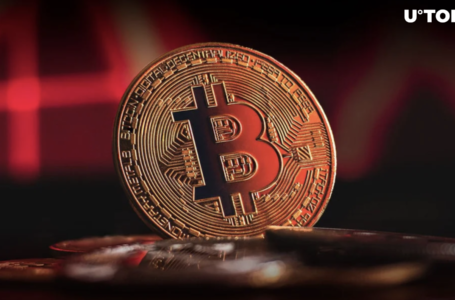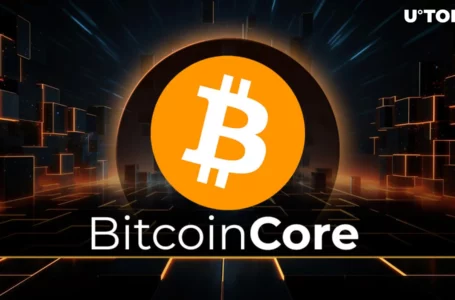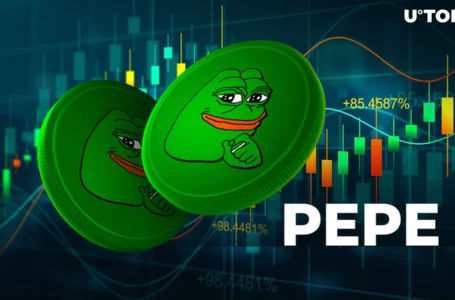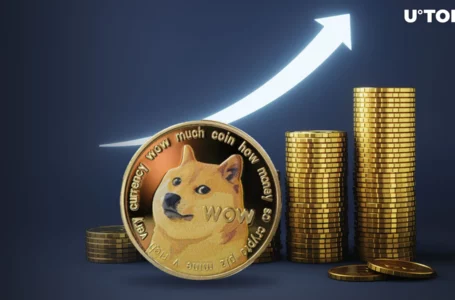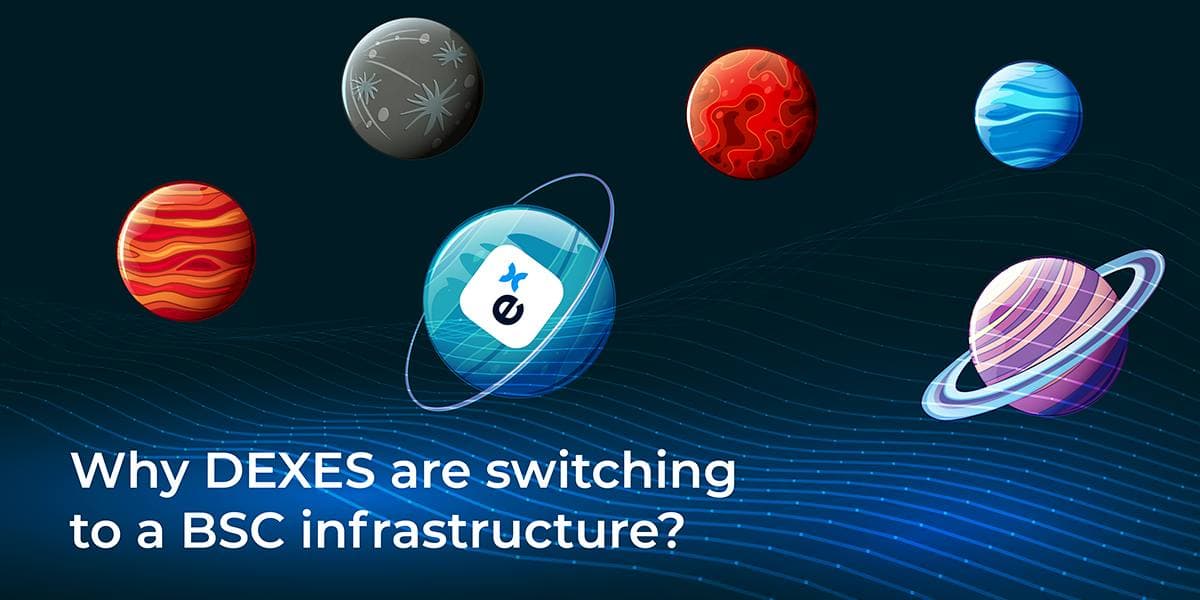
Until the launch of the Binance Smart Chain in September 2020, lots of decentralised exchanges depended on the Ethereum network for deal processing to name a few performances. This resulted in an overburdening of the network, leading to congestion, high transaction fees and slow transaction speed.
The advancement of the BSC infrastructure originated from the requirement to supply a much faster network that is far less costly than Ethereum. The Binance team aimed to improve the freedom of money by building a holistic community-driven ecosystem where assets flow freely based on users’ needs.
Since the development of the BSC platform, many DEXES are leveraging its benefits to supply much better services to users. As of writing, the Binance Smart Chain has nearly $27 billion locked in the numerous applications that exist on the network and below are the major reasons why DEXES are jumping ship to join the BSC network.
Lower Transaction Costs
Transaction expenses and network operations are the significant factors that trigger exchanges, users and designers to pivot from the Ether network and other popular blockchains to Binance Smart Chain. For instance, users are subject to paying outrageous transaction fees on the Ethereum blockchain during periods of high congestion.
The deal charges on the Ethereum network skyrocketed when DeFi coins began making significant development in 2021. As a result, the adoption of decentralised finance reduced considerably as users were trying to avoid huge transaction costs, thereby stifling the growth of many tokens and exchanges.
The BSC infrastructure relieved this friction by permitting network users to sign up with tasks while paying gas charges that are over 20 times lower than that of the Ethereum network. DEXES also benefit from this feature as they incur little overhead costs while building protocols, allowing them to focus more on innovation.
EVM Compatibility
EVM represents Ethereum Virtual Machine and the BSC network algorithm enables complete compatibility. This means that all existing Ethereum tools, including Remix, Metamask, Truffle and so forth can run smoothly on the platform. With this feature in place, Ethereum developers can leverage these tools to create dApps.
Also, existing smart agreements can change to the BSC network with no troubles, thus lowering the expense of establishing tasks that work on numerous blockchains. This level of flexibility puts the BSC network ahead of other blockchains, helping it to remain a major player in the crypto ecosystem.
A Growing and Asset-Rich Ecosystem
Over 139 trading sets and 110 BEP-2 possessions exist on the Binance decentralised exchange, which can quickly be incorporated into the BSC infrastructure. Also, the Binance chain connects with other prominent cryptocurrencies that run on their individual networks, including Ripple, Bitcoin, Litecoin, Tron, EOS and Bitcoin Cash.
This function will permit the Binance group to grow the list of possessions and DeFi procedures that exist on the BSC platform, thus making it much easier for DEXES to list these coins on their exchanges.
It is no news that Binance Smart Chain has witnessed significant growth since its launch. The platform leads Ethereum in regards to DeFi procedure deal volume. With the continuous increase in traffic within the blockchain, it is safe to say that BSC will maintain this level of growth for the foreseeable future.
DEXES are plugging into this pattern as more financiers will be drawn to BSC in the future, which will in turn increase their profits. Although Binance Smart Chain sacrificed decentralisation for usability, consistent scaling, high network performance and lower transaction costs will always attract investors, meaning that the platform is yet to see its best years.
High Network Performance
Binance Smart Chain utilizes an agreement system that includes functions from Proof-of Authority and Delegated Proof-of-Stake algorithms. This consensus mechanism runs on a network of 21 validators, providing a high-speed platform for protocols and exchanges to thrive on.
According to current testnet screening, the network validators process a block of deals every 3 seconds while likewise getting token benefits for network involvement. This incentive ensures that the network maintains its stability and transaction speed.
Conclusion
Since the advancement of BSC, lots of DEXES, users and designers have actually moved from Ethereum to delight in low-cost and quick deals. In addition to this, Binance Smart Chain provides an appropriate introducing ground for nascent decentralised exchanges that manage smaller sized trades and deals.
The adoption of the BSC infrastructure by DEXES is a smart move as it will give them a competitive edge over their counterparts in the industry.

